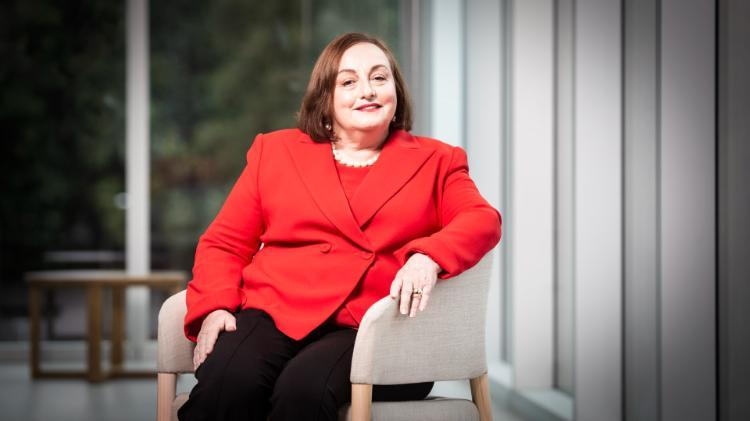
Our current times highlight the need for an ever-increasing forward momentum, as our world is shaped by geopolitical, economic, environmental, health and technological mega forces.
While some can find this disruption unsettling, at UOW we embrace it. With change comes opportunity for the University, our students, staff, partners and communities; to learn, to better connect, to innovate, to evolve.
As an anchor institution both at home and internationally, our expansive global footprint means we are well placed to be at the forefront of change, and create a purposeful future for our communities. We are able to fulfil our vision to inspire a better future through education, research and partnership, addressing issues of importance across all of our communities.
Our Values, Vision, Strategic Plan, Roadmap and Thematic Strategies are driving us towards achieving our purpose, using our trust-based partnership, transdisciplinary and whole-of-institution approach to deliver change that matters, and make the world a better place.
Professor Patricia M. Davidson
Vice-Chancellor and President
University of Wollongong



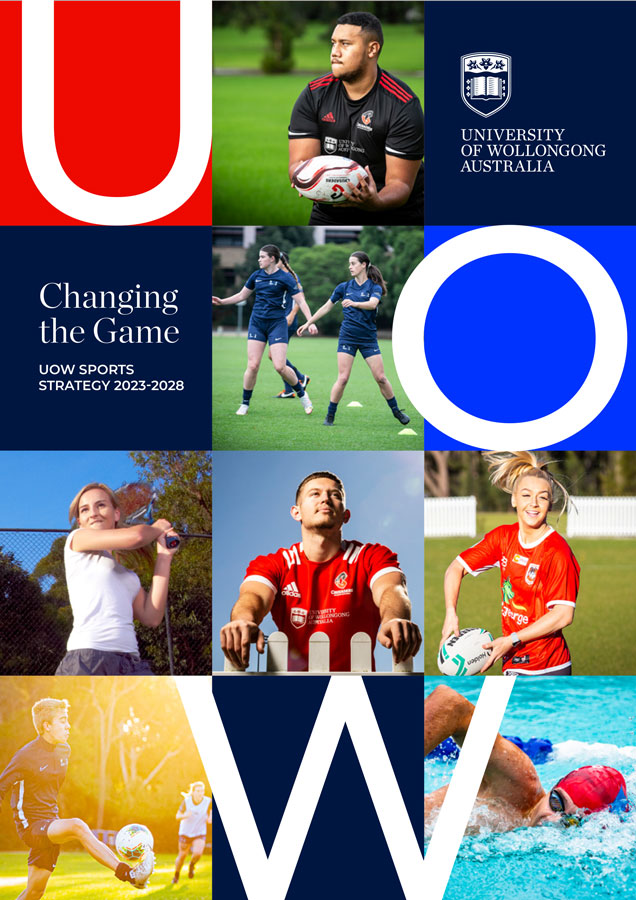
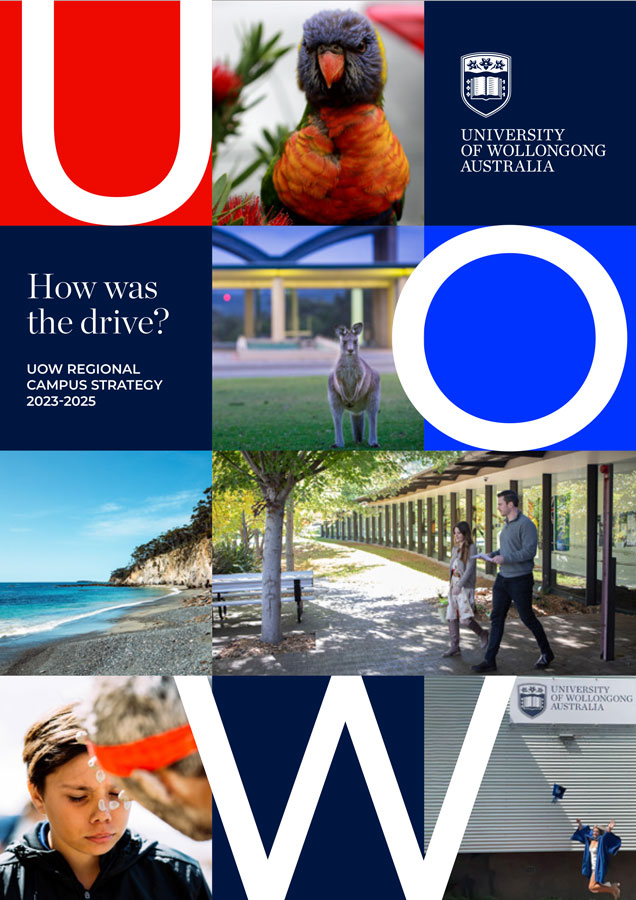
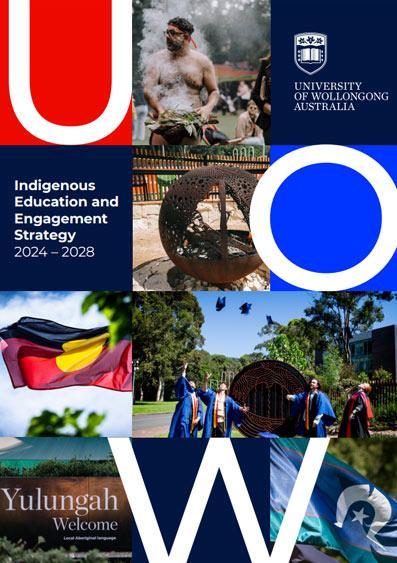
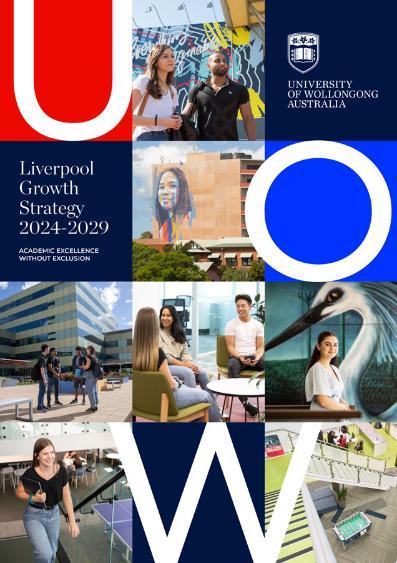
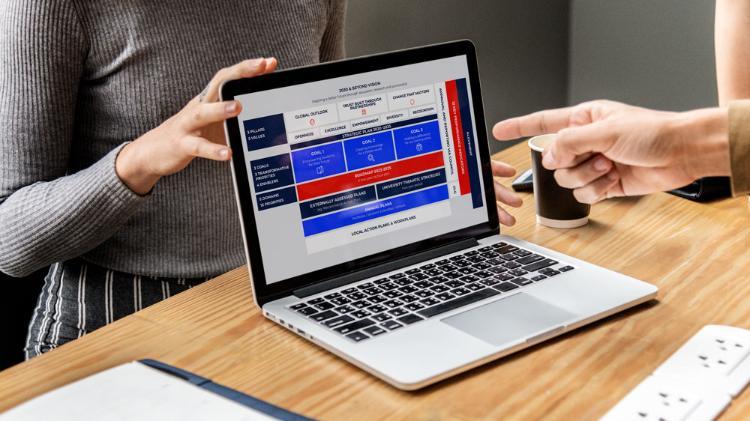 Planning & Reporting Framework
Planning & Reporting Framework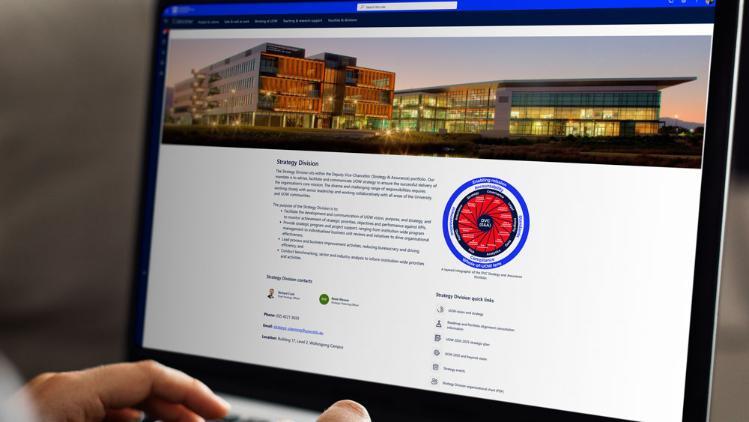 Strategy Division (staff intranet)
Strategy Division (staff intranet)